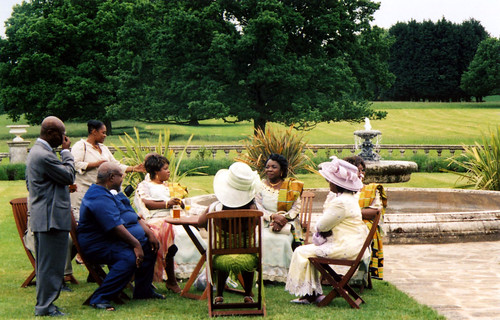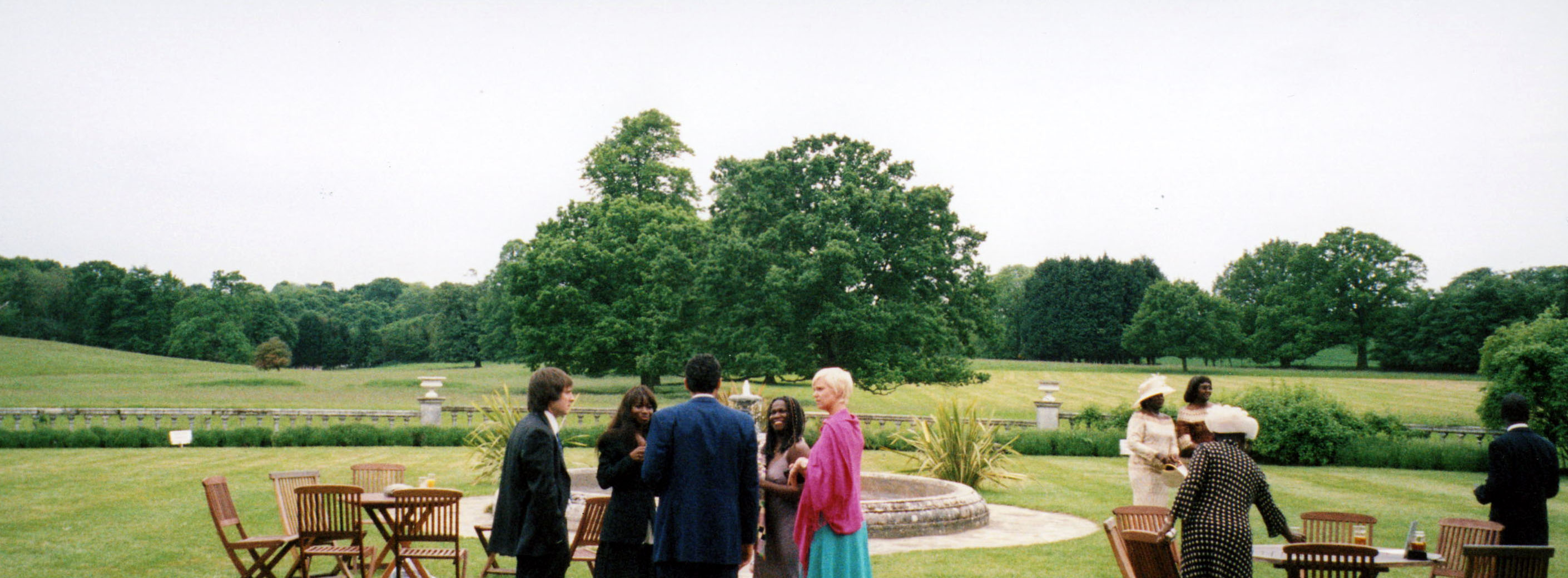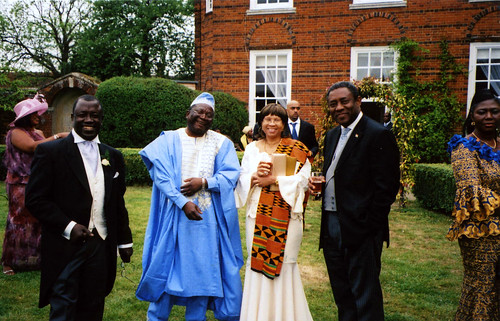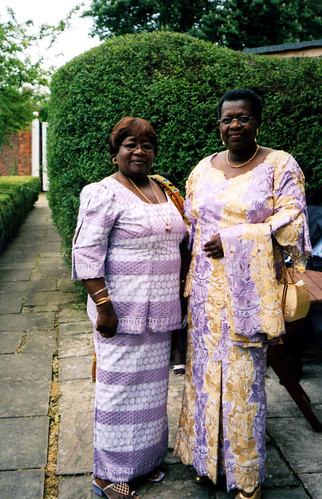Inflation Calypso
Mr Minister PlayboyI'm sure you don't need me to tell you that the US economy isn't in good shape, what with fiscal looting, cronyism, and the evident impact of high energy prices. E.T. Mensah, singing in the colonial Gold Coast 50 years ago, simply stated his observation in two sentences and let the lilting (and mournful) music speak for itself. A few years later, independence came and the Governor-General returned to England... A calypso is not quite the blues, and the current moment is not quite a recession, still I figured I'd add some verses to his song, a few observations from my lowly vantage point.
You better seek to cut all the prices down
(chorus x 2)
Prices soaring higher and higher
I guess that they are going to reach the moon
That's What I Call The Inflation Calypso
E.T. Mensah & The Tempos - Inflation Calypso
Homeowners in northeast US have been told to expect spectacular increases in heating costs this winter - a doubling or tripling in some cases. Even those rustic types who use firewood instead of oil or natural gas have found that their costs have increased 60 to 70 percent (after all, you need diesel to transport several tonnes of wood blocks). As someone who rents and who lives in an apartment complex, I've typically been shielded from these costs. I learnt a dear lesson a while back and always check that heat and hot water are included in the rent. You can hardly escape it though when conversations with everyone around you degenerate into the shrinking pocketbook song.
There's inflation in these here lands...
I don't own a car, being a public transport afficionado, but even I am not immune to the chorus of petroleum despair. During my honeymoon roadtrip, I rented an SUV which turned out to not to be a particularly fuel-efficient specimen even for the genre. This was a replacement for the sedan I had reserved which on inspection was suffused with the overpowering odour of green chilis. The previous driver must have been transporting vegetables or something; the green chili is the symbol of New Mexico but that was taking it too far. But back to the subject, each time I had to fill the car up (and this was a shockingly frequent occurrence), I was appropriately shocked and awed at the dent that this was putting on my finances. Of course it's nothing like filling up in Europe but I was feeling the literal impact of Dubya's Iraq war and Hurricane Katrina in my wallet.
I'll skip over the heart attack that is the annual almost-doubling of health insurance costs. Health care in the US is what it is and all corporations are shifting the burden of insane costs to employees - if indeed they do provide health insurance. But one wonders how sustainable this is. This is the time of year when the next year's benefits package is rolled out in corporate America and it comes with a certain dread as befits the seasonal gremlins of Halloween. When people with dependants anecdotally speak of 450% increases over 3 years, that starts to resonate.
Still the most painful indicator of inflation was the discovery that the washer and dryer in the communal laundry room in the basement of my building now require 2 extra quarters. The price of dealing with one load of laundry has gone from $2.50 to $3. A 20% increase in price at a point when wages are essentially stagnant.
Now don't get me wrong, I make a decent living and don't have children so my belt-tightening should be relatively shallow. But the fact remains that
If you run out of quarters,
You don't get to tumble-dry.
With wet laundry on the line,
You can sing the inflation calypso.
Then they tell me that the price of stamps will increase next year... Blues or calypso? Bring on the chorus:
Prices soaring higher and higher
I guess that they are going to reach the moon
An inflationary soundtrack
- E.T. Mensah & The Tempos - Inflation Calypso
The early highlife bands such as E.T. Mensah's Tempos and King Bruce's Black Beats were all about celebrating the good times; the genre is called "high" life after all. But the griot tradition is deeply embedded in West African culture so you couldn't avoid some social commentary and canny dissent. The song is 2 and a 1/2 minutes of mournful saxophone and shifting drums. The lyrics are an economy of wit and the chorus is repeated almost tongue in cheek. Highlife music is said to come from the fusion of Caribbean and African rhythms with a jazz sensibility, thus it was always global in outlook. This is why you'll find many songs designated as calypsos. E.T. Mensah was keenly aware that if the good times ended, there would be little demand for his musical stylings hence here, he sounded the alarm. - Duke Ellington & Johnny Hodges - Going Up
From the Side by Side album, this is perhaps a little too festive given the topic. A small combo band swinging and 4 propulsive solos provide a musical feast. The flute that floats around the other instruments almost induces the Duke to effusiveness. - Harold Melvin & The Blue Notes - Wake Up Everybody
The Philly Soul of the 70s was always socially conscious, if it wasn't Nixon or Vietnam it was that beast we called inflation. This is a wake up call for everyone sung with righteous indignation by one of the best voices in the cannon.
File under: inflation, economics, observation, whimsy, USA, highlife, music, Ghana, Africa, toli









